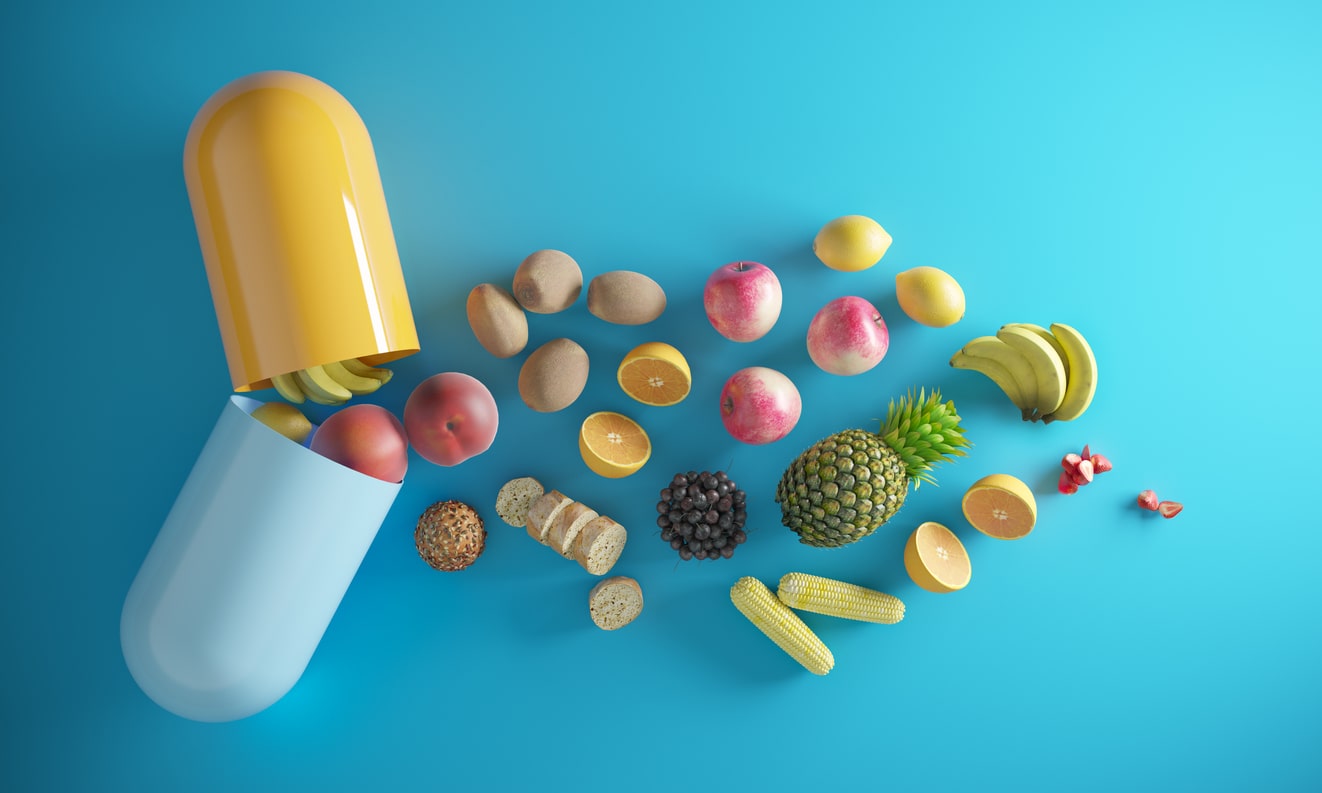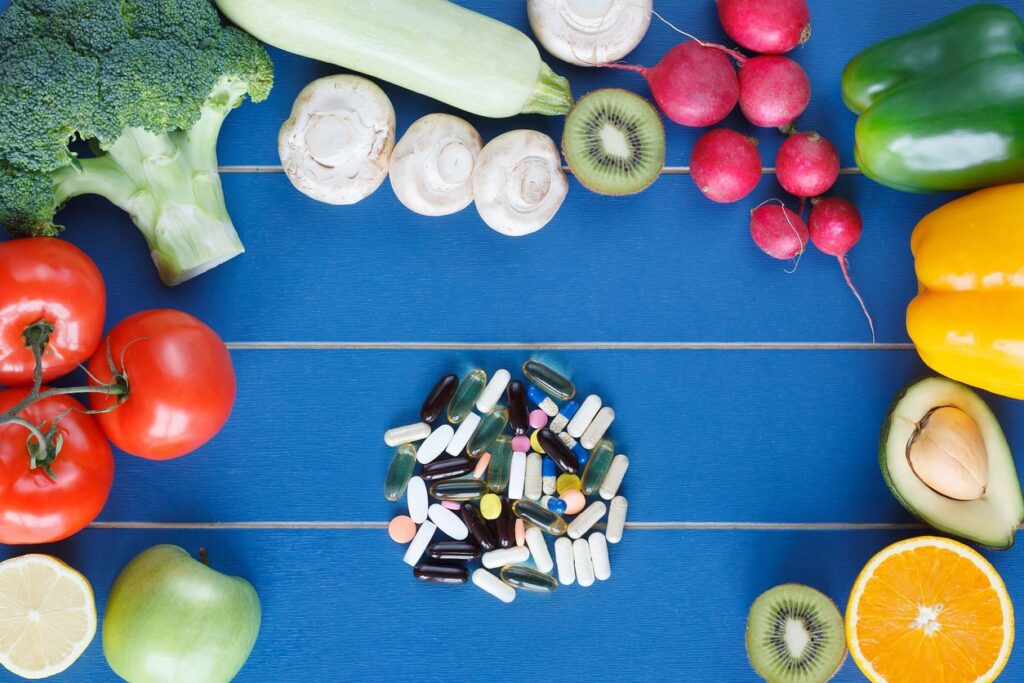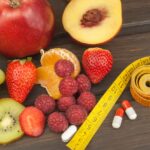Now Reading: Balanced Diets for Addiction Recovery: Nourish the Body, Calm the Mind, and Heal the Brain
-
01
Balanced Diets for Addiction Recovery: Nourish the Body, Calm the Mind, and Heal the Brain
Balanced Diets for Addiction Recovery: Nourish the Body, Calm the Mind, and Heal the Brain

Recovery from addiction is more than breaking free from a substance—it’s about rebuilding your entire life. One of the most powerful, yet often overlooked, ways to support this process is through food. Balanced diets for addiction recovery play a key role in helping the body repair, the brain rebalance, and the mind find emotional stability.
During active addiction, many people experience poor nutrition, digestive issues, and depleted energy levels. Substances interfere with appetite, block nutrient absorption, and damage organs responsible for metabolism and detoxification. In recovery, giving the body what it needs through food can boost mental clarity, stabilize mood, and help reduce cravings.
In this article, we’ll explore how balanced diets for addiction recovery support long-term healing, what to eat, and how to create realistic, nourishing habits that last.
Why Nutrition Matters in Recovery
Substance use often leads to vitamin and mineral deficiencies. Alcohol, for example, reduces the absorption of B vitamins, zinc, and magnesium—nutrients crucial for brain function and mood regulation. Stimulants like methamphetamines suppress appetite, while opioids slow digestion, causing constipation and gut imbalance.
According to the Substance Abuse and Mental Health Services Administration (SAMHSA), proper nutrition plays a vital role in restoring health during addiction recovery and helps reduce symptoms like fatigue, depression, and irritability 1.
Balanced diets for addiction recovery do more than feed the body—they help rebuild the internal systems that support emotional strength and decision-making.
Key Components of a Balanced Recovery Diet
To support healing, a recovery-focused diet should include:
1. Complex Carbohydrates
Carbohydrates are the brain’s main energy source. Choose complex carbs like:
- Whole grains (brown rice, oats, quinoa)
- Sweet potatoes
- Beans and legumes
These foods keep blood sugar stable and help regulate serotonin, a chemical that supports mood balance.
2. Lean Protein
Protein provides amino acids, which are the building blocks for neurotransmitters like dopamine and serotonin—both heavily impacted by addiction.
Include:
- Eggs
- Chicken or turkey
- Tofu or tempeh
- Beans and lentils
- Greek yogurt
Regular protein intake helps reduce cravings and improve mental clarity.
3. Healthy Fats
Fats are essential for brain health and hormone regulation. Omega-3 fatty acids, in particular, support emotional stability and cognitive recovery.
Best sources:
- Fatty fish (salmon, sardines)
- Walnuts
- Chia or flax seeds
- Avocados
- Olive oil
A 2018 study in Frontiers in Psychiatry found that omega-3 supplementation improved mood and reduced relapse rates in individuals recovering from substance use 2.

4. Fruits and Vegetables
Fruits and vegetables are rich in antioxidants, vitamins, and fiber. They help repair cellular damage, boost immunity, and improve digestion.
Aim for a variety of colorful produce such as:
- Leafy greens (spinach, kale)
- Berries (blueberries, strawberries)
- Carrots, bell peppers, and broccoli
- Bananas and oranges
These foods support brain function and emotional balance.
5. Hydration
Staying hydrated helps flush toxins, improve focus, and prevent mood swings. Drink plenty of water, herbal teas, and broths. Limit sugary drinks and caffeine, especially in early recovery.
Best Practices for Building a Balanced Diet in Recovery
1. Eat Regular Meals and Snacks
Skipping meals can lead to low blood sugar, which triggers anxiety and cravings. Eating every 3–4 hours helps maintain steady energy and emotional balance.
2. Limit Sugar and Processed Foods
While sweets can provide temporary comfort, excess sugar leads to crashes in energy and mood. Highly processed foods can also increase inflammation and worsen anxiety or depression.
Focus on whole, unprocessed foods as much as possible.
3. Support Gut Health
A healthy gut improves digestion, mood, and immunity. Include:
- Probiotics (yogurt, kefir, sauerkraut)
- Prebiotics (bananas, garlic, onions, oats)
- Fiber-rich foods to support bowel regularity
4. Cook at Home When Possible
Cooking at home gives you control over ingredients and helps create healthy routines. Try simple recipes with fresh ingredients. Cooking can also become a mindful activity that supports sobriety.
Real-Life Example: How Food Helped Sara Heal
Sara, 31, began recovery from alcohol use disorder and struggled with fatigue and brain fog in early sobriety. Her counselor recommended working with a nutritionist.
“I started eating oatmeal with berries in the morning and switched out fast food for home-cooked meals. I added salmon twice a week and started drinking more water. Within two weeks, I felt clearer, calmer, and more in control.”
Now two years sober, Sara continues to use balanced nutrition as part of her daily recovery plan.
Sample Daily Meal Plan for Addiction Recovery
Here’s a simple, recovery-friendly example:
Breakfast:
Oatmeal with almond butter, banana slices, and chia seeds
Herbal tea or water
Mid-Morning Snack:
Greek yogurt with blueberries
Lunch:
Grilled chicken or tofu
Quinoa with sautéed spinach and roasted carrots
Olive oil and lemon dressing
Afternoon Snack:
Hard-boiled egg and apple slices
Dinner:
Baked salmon
Sweet potato mash
Steamed broccoli
Evening:
Chamomile tea and a few walnuts
This plan includes the essential elements of balanced diets for addiction recovery, providing nutrients that nourish the brain, balance blood sugar, and support emotional well-being.
Making Nutrition a Lifelong Tool in Recovery
Recovery doesn’t end after treatment—it’s a lifelong process. Creating sustainable habits around food helps maintain mental and emotional strength over time.
Tips for staying consistent:
- Plan meals ahead of time
- Keep healthy snacks available
- Use food journaling to track how different meals affect mood
- Be kind to yourself—perfection isn’t the goal, progress is
Many treatment programs now include nutrition education, and some recovery coaches work alongside dietitians to build meal plans tailored to individual needs.
Final Thoughts: Food as Medicine in Recovery
What we eat deeply affects how we think, feel, and heal. Balanced diets for addiction recovery help restore what’s been lost during active use and provide a foundation for emotional stability and physical strength.
Food won’t fix everything—but it can make recovery feel more manageable. When you nourish your body, you support your mind. And that kind of care is a powerful step toward long-term healing and sustained sobriety.
Start with one small change—a healthy breakfast, more water, or a handful of nuts instead of chips. With time, these small shifts become a lifestyle rooted in wellness, strength, and hope.
Sources
- SAMHSA. (2022). The Role of Nutrition in Addiction Recovery. [https://www.samhsa.gov] ↩
- Bozzatello, P., et al. (2018). Role of Omega-3 Fatty Acids in Psychiatry. Frontiers in Psychiatry. ↩

Kevin Fletcher is a seasoned writer with over 10 years of experience crafting engaging and informative content in the health, fitness, and wellness industries. Passionate about helping readers live healthier lives, Kevin combines research-backed insights with practical tips to inspire positive change.
























